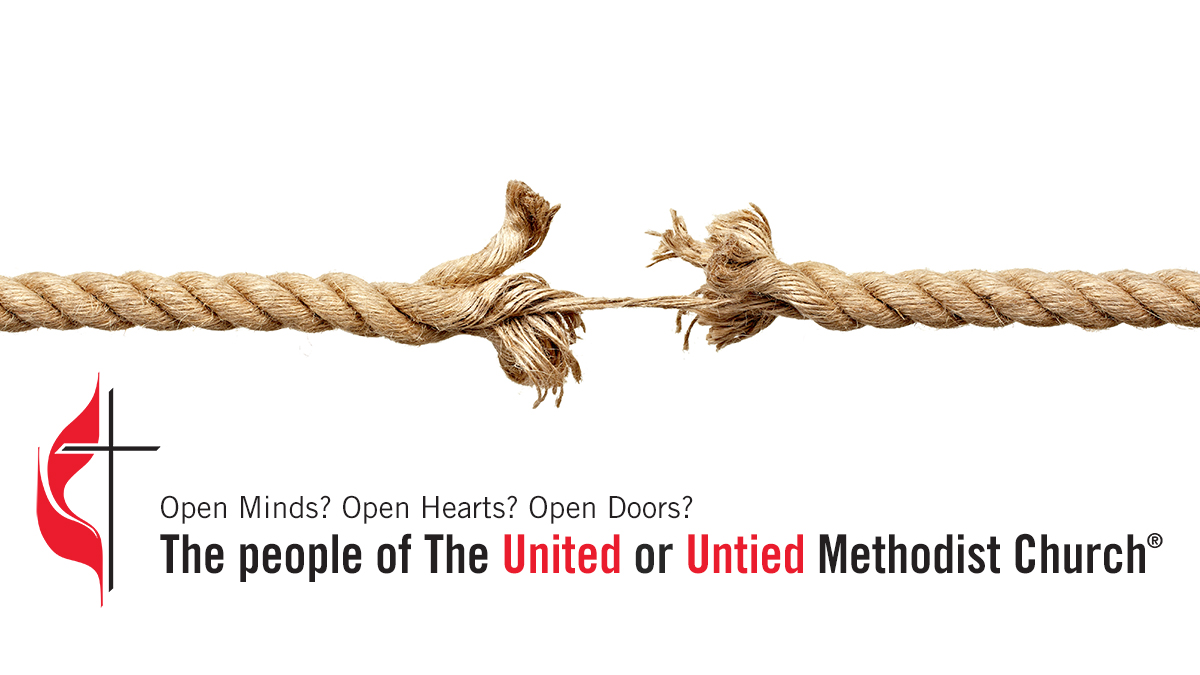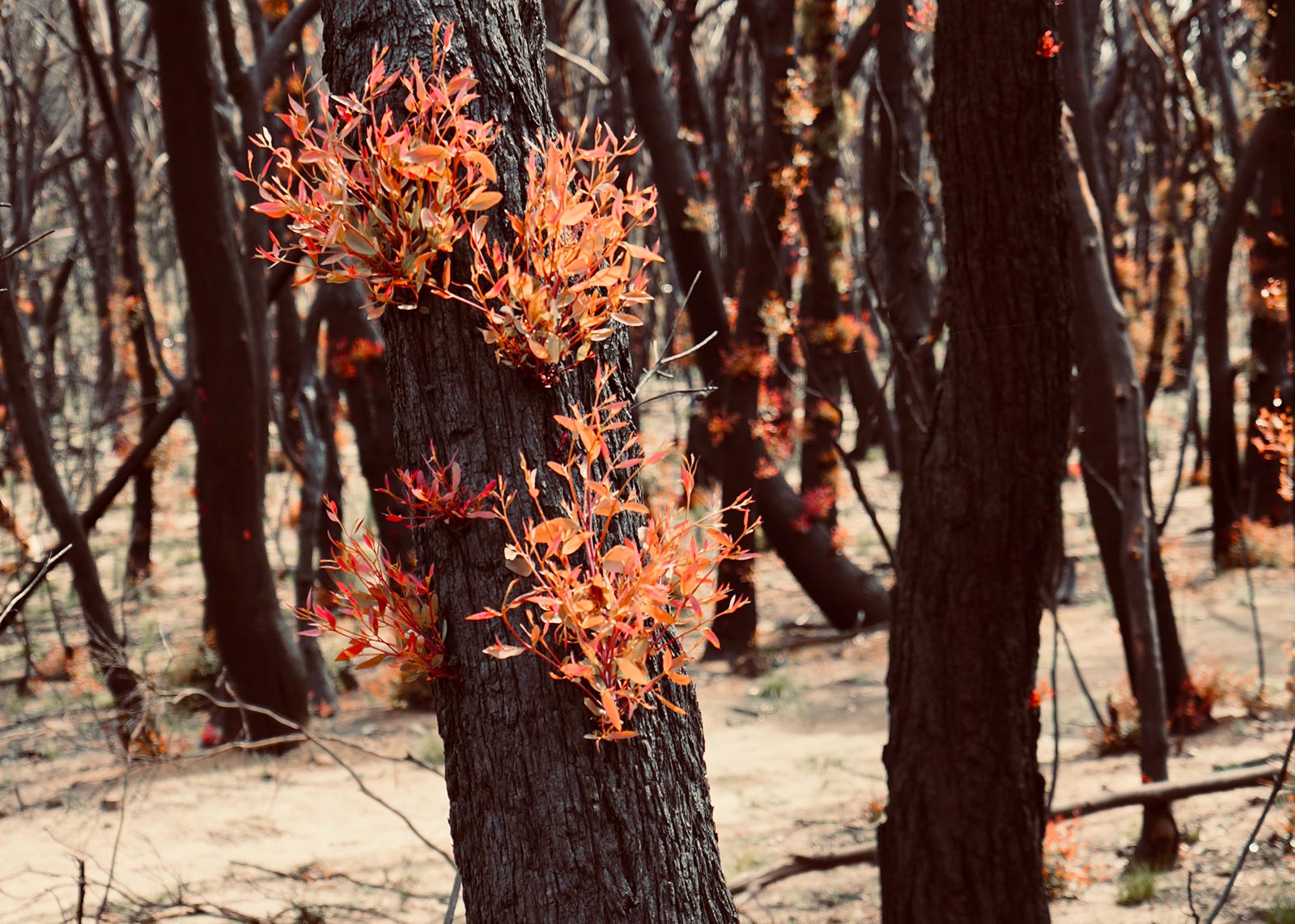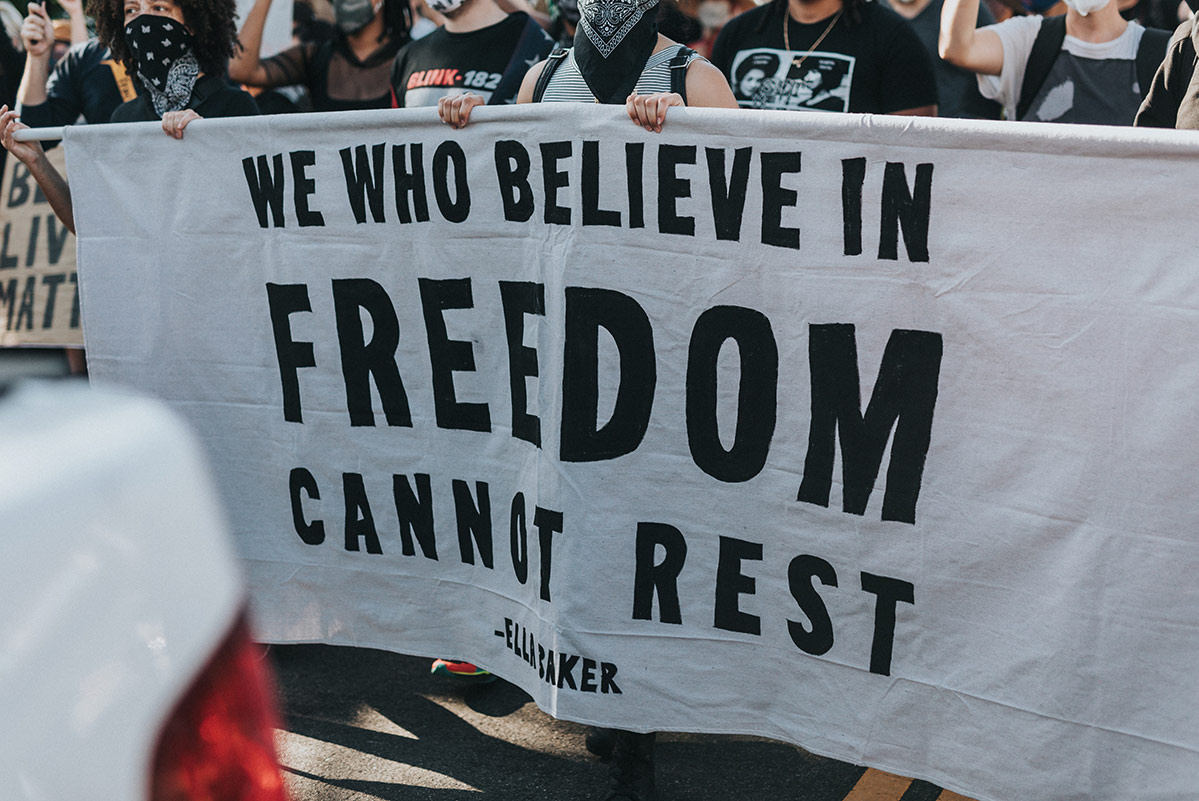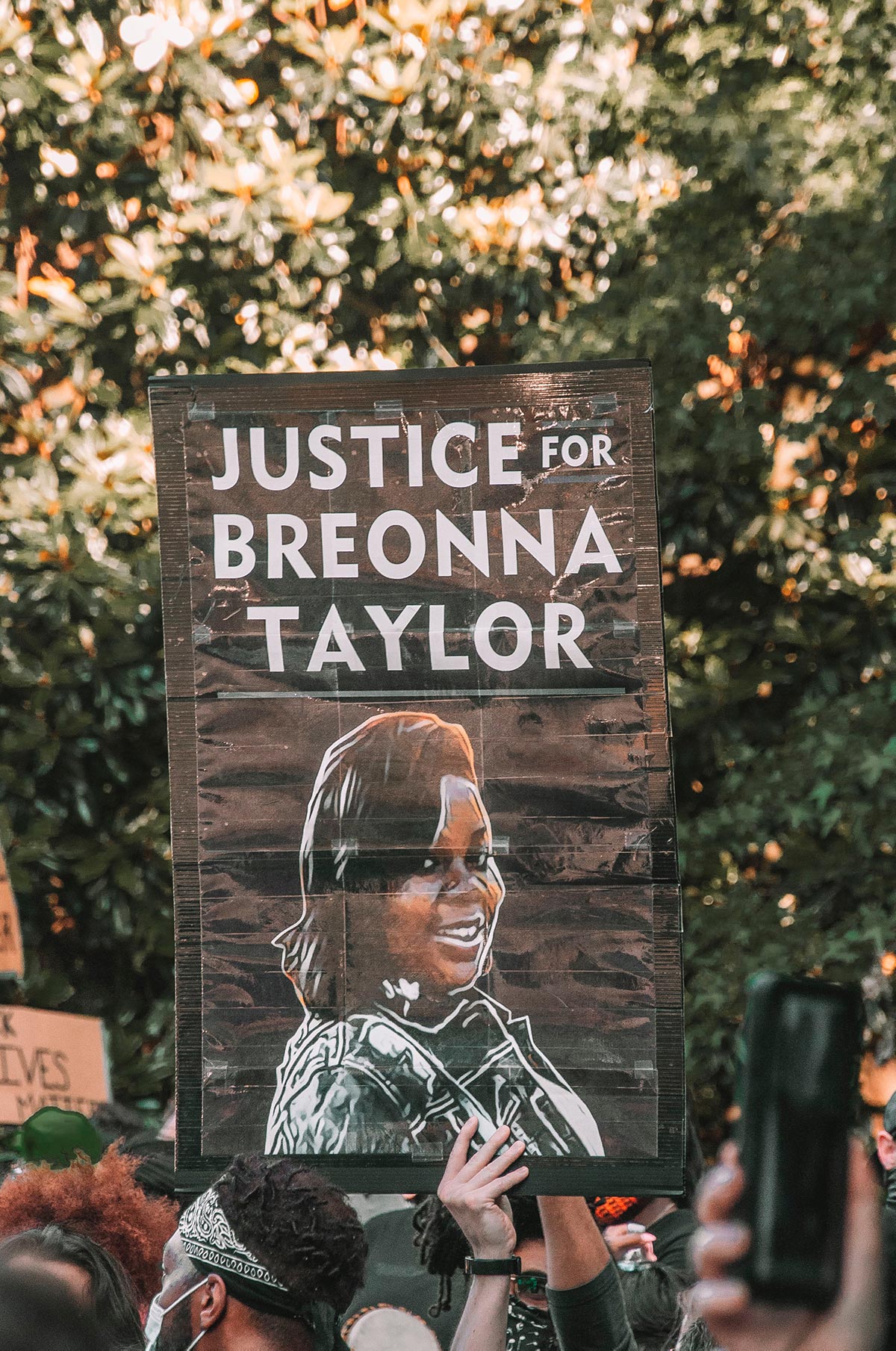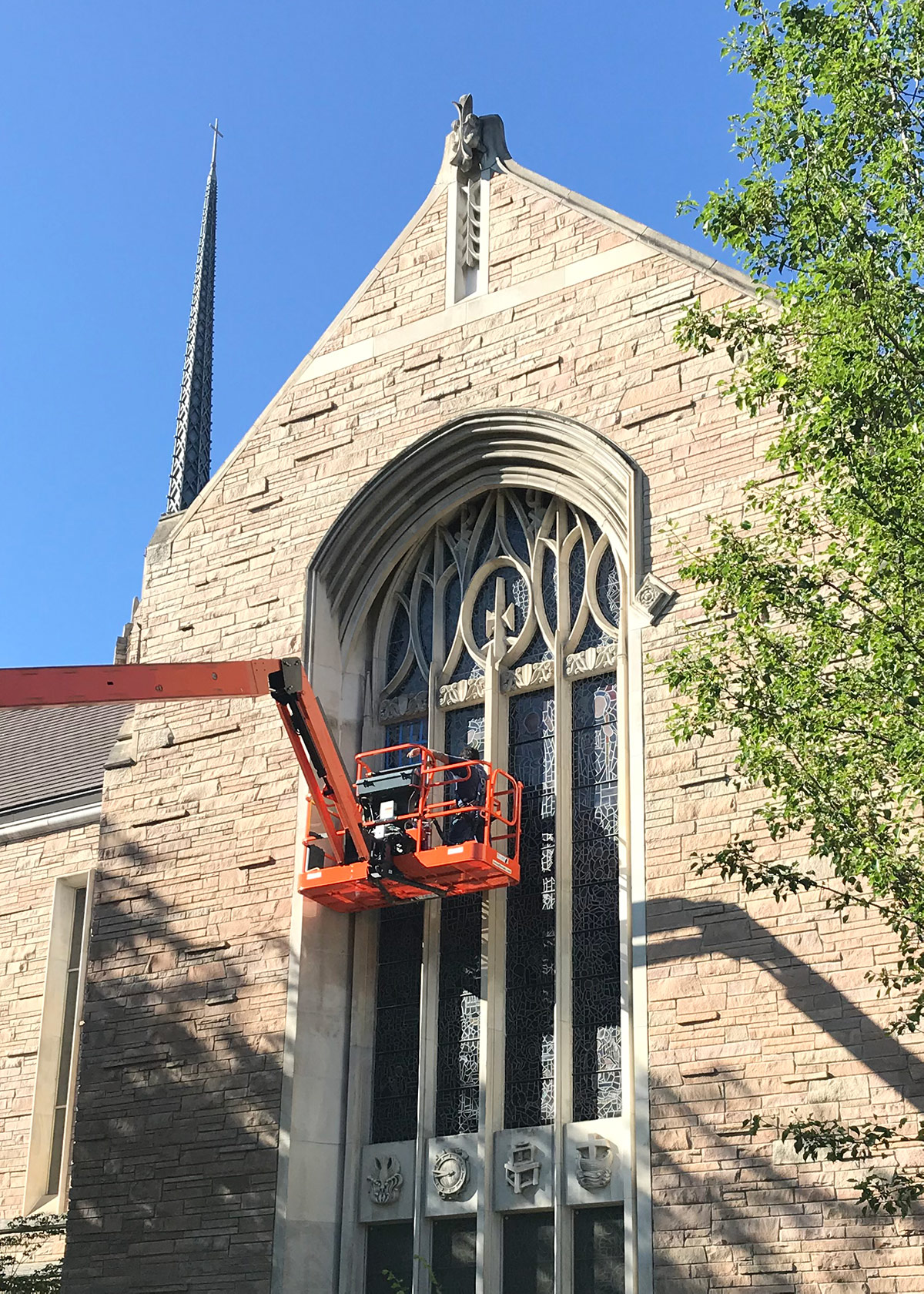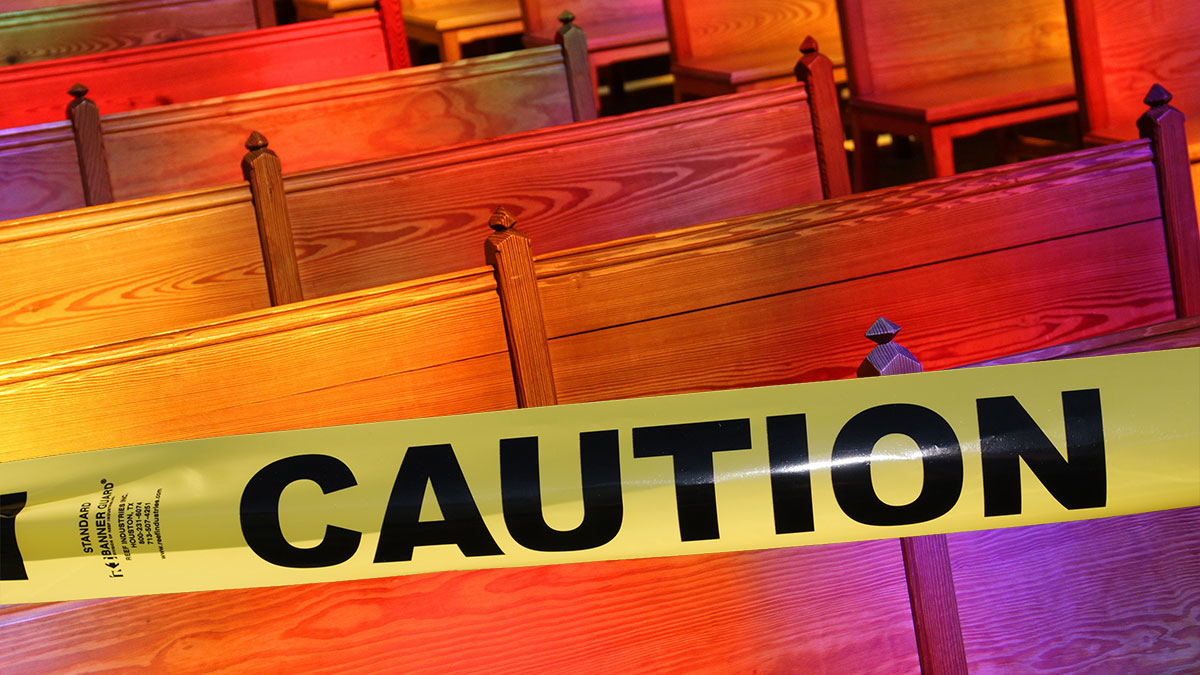Episcopal Address Part 3 | The United or Untied Methodist Church – shaping the future of the Church?
The United or Untied Methodist Church – shaping the future of the Church?
Episcopal Address Part III (Part I – Part II) | September 16, 2020
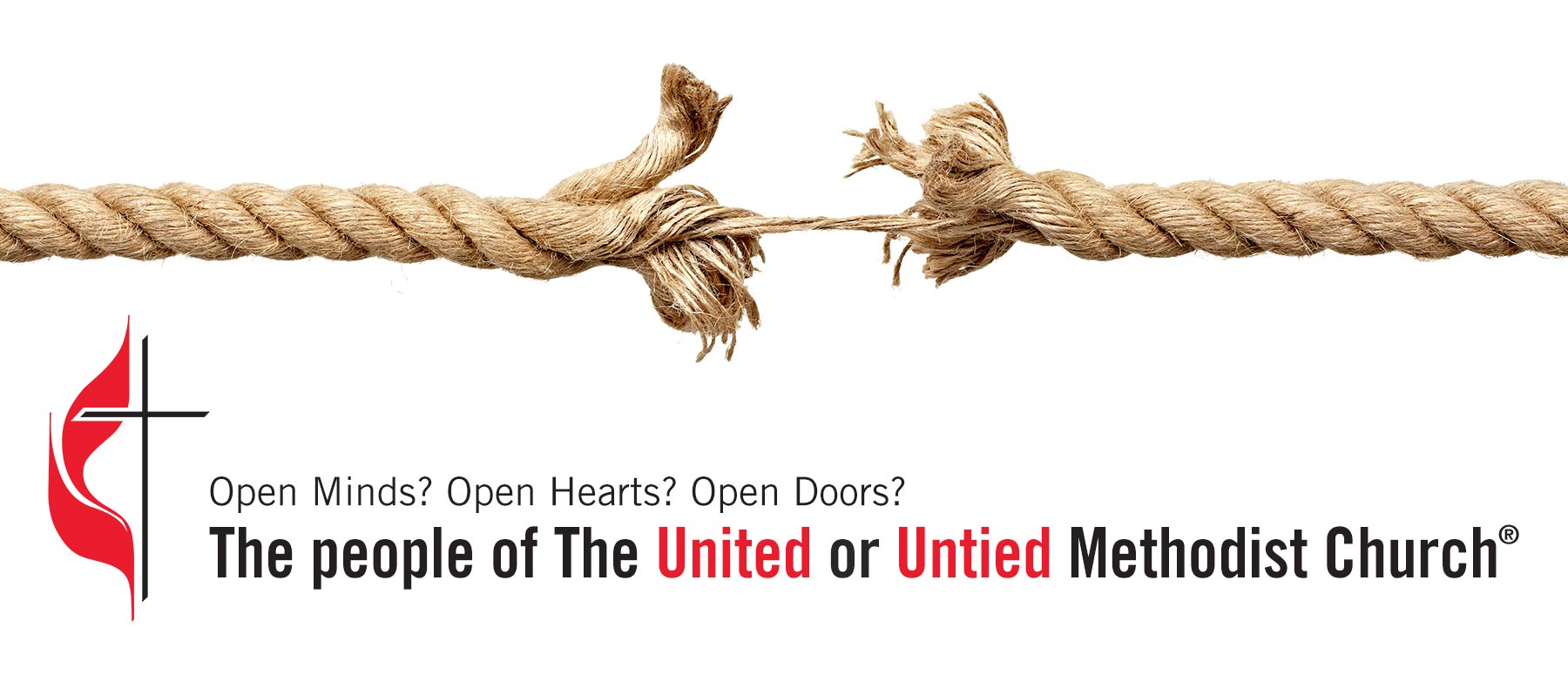
Remember February of 2019?
General Conference met in St. Louis, Missouri, with high hopes that The United Methodist Church would adopt “The One Church Plan,” eliminating the prohibitions and punishments which have marginalized and excluded full participation of LGBTQ+ people in the Church and its ministries for nearly 40 years. When the plan failed, hopes crashed and the General Conference ended in open anger and hostility, while conversations began across the church about what needed to happen next.
How can United Methodists who cannot tolerate the exclusive policies and practices resist? Hang banners outside the church, run newspaper ads, withhold apportionments, plan to leave the denomination? Should we try again at another General Conference? Should the denomination plan for an orderly separation with fair division of assets to be presented to the next General Conference? Should we abandon the idea of a global church, and give more autonomy to national or regional churches? One thing we quickly realized is that we needed to intentionally invite into leadership as we shape the future that they will carry forward.
A year ago, I called together a Guiding Coalition of diverse leaders from the Alaska, Oregon-Idaho and Pacific Northwest Conferences. It organized into ten working groups that began to look at options for the future.
And then COVID-19 grabbed our attention, threatening the very health of the nation and world. It became the critical focus as we adjusted every aspect of our lives to keep safe and prevent the spread of the disease. Concern for the future of The United Methodist Church receded into the background. Almost everything we understand as Church moved online. Conferences were cancelled or postponed and conducted remotely like this one.
And then the world saw George Floyd, with a policeman’s knee on his neck, struggle, plead, call for his Mama and die on a street in Minneapolis. Again, the headlines shifted, attention focused on real and present systemic racism in America. People cried out, rose up and poured out into the streets to demand racial justice and equity.
We live in a different world today than we did even a year ago. These movements are overwhelming. They demand all our attention and resources. We are weary. But no rest for the weary.
As wildfires rage across the West, we find ourselves in another crisis in Oregon and Washington, and to a lesser degree, to this point, in Idaho. And the church digs deeper, finds reserves it did not know it had, invents new ways to mobilize to offer relief to people who are evacuated, homeless, and stricken by sooty, ashen air.
Disaster response volunteers are working with district superintendents, local church pastors and laity, our Hispanic ministry coordinator and communicators to provide emergency shelter – a necessary service. They are also responding to the need to store the personal belongings of people who have evacuated in church buildings that have been closed for months. All the while they adopt practices to prevent the spread of COVID-19. The faithfulness, courage, and generosity of the churches is urgently needed and ready in this time of uncertainty. And the “connections” The United Methodist Church brings to these crises are the blessings of generations of faithful folks who have given, organized, volunteered, prayed, and reached out.
United or Untied: what is the future of United Methodism?
I think about this as a telescoping question, beginning in every local church, and expanding out until it includes the whole global UMC.
At the Center: Local Churches
At the center of questions about United Methodism is the local church. We know, going back to Paul’s church in Corinth, that every local church struggles to have a center that is strong enough to hold people together despite strong differences of understanding, practice, opinion and actions. This is nothing new, though it looks different in every generation and every location. Churches fight about anything and everything: music, the color of the carpet, worship time, Sunday school curriculum, who should have keys to the building, or the kitchen. And they fight about abortion, gun rights, human sexuality and inclusion of LGBTQ+ people in its ministries. Divisions have become even more intense as attitudes toward the pandemic, racism and LGBTQ+ inclusion have become politicized and threaten to divide congregations that have lived in peace for decades.
First Ring: The Alaska Conference
The Alaska Conference, which is 49 years old, is asking to become a mission district in the Pacific Northwest Conference. This proposal will come before the Annual, General and Jurisdictional Conferences in 2021. What will life together look like if this proposal is adopted next year? What must we be doing now, planning now, changing now to fully embrace Alaska in the PNW?
Second Ring: The Greater Northwest Area – Alaska, Oregon-Idaho and Pacific Northwest Conferences
What does it mean that the area shares one bishop? It’s easy to see it as a burden – less bishop per conference. Even as the churches and communities across the Greater Northwest decline and struggle to connect with new generations and new populations in their communities, we are learning that as we work together across conference lines, we often expand our capacity, our innovation, our community engagement, our connectional strength. Cooperation across conference lines has blossomed during COVID-19 and now in response to the wildfires that are ravaging Oregon, Washington, and Idaho. Crisis response, communications, Grocery Gift Cards for Families and the Fund for Families, all benefited from cross-conference collaboration.
- Let’s hear it for disaster response volunteers and the district superintendents who have worked as a crisis management team consistently from the earliest days of the pandemic, to learn the best science as it emerged, to listen to the best advice, and to lead our churches to put health and life first, and to adjust and limit their activities to prevent spread of the virus. Oh, and they just secured two $10,000 UMCOR emergency grants, one for Pacific Northwest and one for Oregon-Idaho Conference, to provide relief to victims of the wildfires. And they are working with district superintendents to help local churches that have been closed for months, open to provide emergency shelter and other relief services.
- Let’s hear it for conference communicators, who have worked tirelessly during COVID-19 to help us keep connected while we were staying at home, closing church buildings, and learning to worship, pray and give online. Communicators from the three conferences have worked together to provide timely updates on the pandemic, host weekly webinars on topics like online worship and giving, providing pastoral care, staying healthy. They promoted the best practices for hygiene, including a campaign to sew and wear masks. They helped local churches learn to use Zoom, Facebook and other platforms for online worship and meetings. They published notices to local churches on staying safe, postponing in-person worship and Reimagining Life Together. They produced online Easter Worship available across the area, and resources for local churches to incorporate into online Pentecost worship.
- Let’s hear it for the Innovation Vitality (IV) Team, that initiates and supports innovative ministry projects across the area, within existing churches and with new leaders working in communities our churches don’t reach.
Now take a deep breath. I’m going to ask a question that I mostly hear in whispered tones:
Is it time for the conferences to merge into one?
Hear me. I know that simply uttering this question causes some blood pressure to rise, and other blood to boil. I have been slow to consider this question until and unless it arises from within the area. Friends, this question is arising from within the area. We can pretend we don’t hear it, but it’s being asked. And as it is asked, I hear two responses:
- This is the time to merge into the Greater Northwest Conference – when everything is disrupted already, and we are working well together, and
- Never! The conferences have distinctive cultures, history. We don’t want to lose that. We’ll get lost in a bigger conference.
We owe it to ourselves and to each other to have this conversation, and to ask: Where is God leading us? Where are we finding new life?
The Western Jurisdiction
Our jurisdiction has more unanimity about the divisive questions of LGBTQ+ inclusion than almost any other sector of the Church. LGBTQ+ clergy have been ordained and survived in ministry, and LGBTQ+ weddings have been performed in every conference in the West. So, what does the future look for in the West? If the main branch of United Methodism continues to prohibit and punish LGBTQ+ inclusion, what is to become of the Western Jurisdiction? Can it remain part of a church that excludes or marginalizes LGBTQ+ people, working and praying for another General Conference to solve the conflict? Across the United States and around the world, United Methodists who are LGBTQ+ inclusive look to the Western Jurisdiction to lead. What might that look like? How do we have those conversations? God didn’t lead United Methodists in the West out of the slavery of homophobia to let us wander eternally in the present wilderness. We search for the path to promises fulfilled.
The United Methodist Church
For nearly 40 years our church has struggled to reach a consensus about inclusion of LGBTQ+ people in the life and ministry of the Church. But it hasn’t been just about human sexuality. Some strategic people chose this as the issue over which to divide the church. This conflict came to intense and agonizing conflict at the General Conferences held in 2016 and 2019, with no resolution. It does not appear that United Methodists can remain together in the one, global church we have been since 1968. So, what will become of this one great “connectional” church of 12 million members worldwide when the ties that bind us stretch and break? Will it break into national churches? Will it splinter into many small fragments based on worship style, inclusive language, sexual identity and orientation or social policy? Will every local church have to decide who to affiliate with? Or will Annual Conferences make this decision, forcing some local churches to vote to stay or withdraw from their Annual Conference? How will property and other assets be divided? And most importantly, what will the division be for? What purpose will it serve? What vision is God leading us toward? Who do we want to be for one another and how does God want us to transform the world?
The existential question we face in the Greater Northwest is, will we stay together? Do we want to stay together? Do we love each other enough, to stay in communion with one another despite real differences? The annual conferences of the Greater Northwest Area have been LGBTQ+ inclusive for many years. LGBTQ+ inclusion is already part of the identity of United Methodism in the area. And we have had a commitment to include ministries with immigrant people, and to be racially and ethnically diverse. Both urban and rural. Young and old. Red and blue.
But we fall short of our own inclusive aspirations. And we squabble over which diverse communities can stay together and which ones are incompatible. Between now and General Conference in September 2021, we need to test and grow our faith to a deeper level where we trust that Jesus gives us One Faith, One Lord, One Baptism, even though we live out our faith in different ways. At the core we are not divided. Our gifts all serve one Savior, who gives us the grace to live, worship and serve together. We can endure this rough patch if we stay in relationship, if we learn to talk about what we hold most close, if we let love bind us together with cords that cannot be broken.
A year ago, when I called the Guiding Coalition and its working groups, we started to explore the complicated questions surrounding our United Methodist Future. When COVID hit in the spring, we all shifted our focus from the future of United Methodism to the immediate present. All except one group that called itself “Weaving a Grassroots Connection.” The members of the group continued to experiment with initiating conversations among people in The United Methodist Church about why they are United Methodist. They had a great time doing it. And they want to help us all have these conversations. Watch this first fruit example of their efforts.
They believe, and I believe that if we grow to know and love one another, we will be united and connected in the love and grace of Jesus Christ. What was it Jesus said? “For where two or three are gathered in my name, I am there among them” (Matthew 18:20). What would Jesus do with us if we gathered in small gatherings, learned to love each other, and asked him what he wants for us? What if the “connection” became personal instead of institutional? What if it was about loving relationships with one another, about how a local church relates to its community or how one local church comes alongside another local church in times of joy and distress – to share each other’s burdens? What if the future of United Methodism rested on a weaving of connections between people who are learning to see, know and love each other? Now that would be a strong connection.
So, my friends, my siblings, and cousins, my neighbors and you who may be strangers – I invite you to be the hopeful, faithful, loving, courageous, audacious, humble people that God, in holy scripture, invites us to be. We can stop the spread of a deadly virus. We can root out racism and create beloved community. We can and we will recover from flood, earthquake, storm, and wildfire. We can be a “big tent” church, where people can journey with each other, in the presence of Jesus, toward a future where everyone has a place, and the parts all fit together. We might even be able to save the planet and all the teaming creatures that call it home.
When faced with a very difficult assignment that the disciples did not feel capable of, Jesus said to them, “truly I tell you, if you have faith the size of a mustard seed, you will say to this mountain, ‘Move from here to there,’ and it will move; and nothing will be impossible for you.” (Matthew 17:20)

How do we move forward together?
For the next 15 months, the Greater Northwest Cabinet is committed to focusing our leadership on three ministry foci:
-
Do No Harm
Fighting COVID-19
-
Do Good
Dismantling Racism -
Stay in Love with God
Weaving a Connectional Future for United Methodism
Alongside these priorities, we will, of course, help our churches provide relief to people harmed by wildfire. And we will always keep our eyes on the horizon to receive what comes our way of blessing or curse and respond with love. This is what love requires. And what is possible – with the faith of a mustard seed.
Bishop Elaine JW Stanovsky
Greater Northwest Episcopal Area
